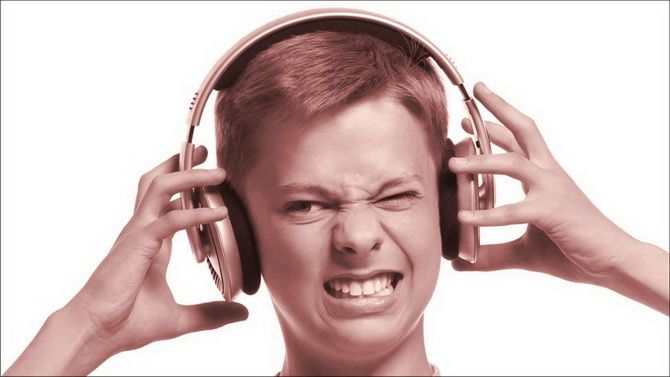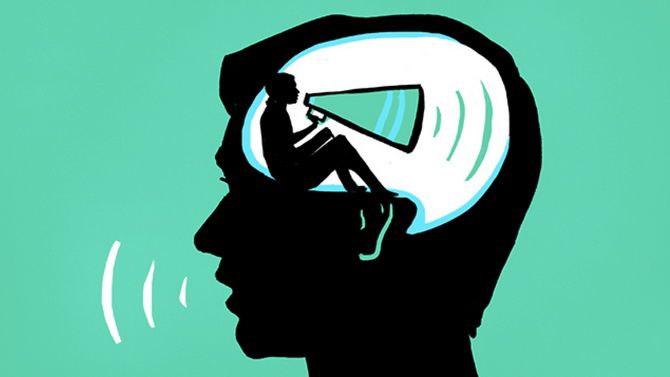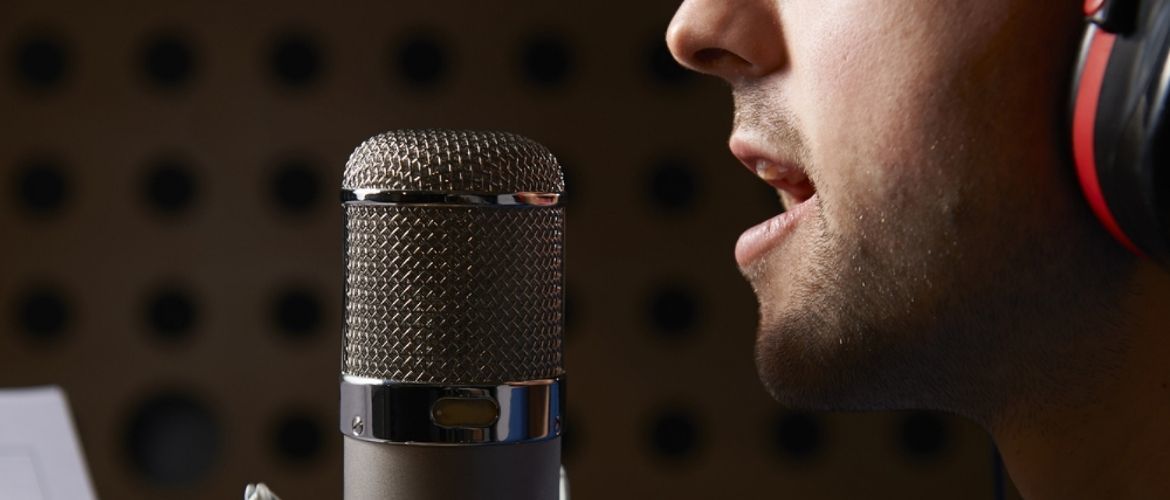If you don’t like how your voice sounds on a recording, you’re not the only one. Many people do not like the sound of their own voice in audio or video recordings. It is difficult to recognize him, he irritates and causes negative emotions. Even people with a beautiful voice who could make a career as a radio host are subject to this influence.

But the people around you perceive your voice quite calmly. What we hear is different from how others hear you. Scientists have even come up with a term for this – vocal confrontation.

Discomfort when listening to your own voice on sound recording devices is probably caused by a combination of physiology and psychology. When speaking, sound waves travel through the air and reach the ears, causing the eardrums to vibrate. Our brain then converts these vibrations into sound. When a person opens his mouth and begins to speak, his vocal cords and airways also vibrate. Because of this, you perceive your sounds differently than others. The recording of your voice does not include these vibrations, so it does not sound the way you hear it when you speak. This means that there are two sources of sound: sound waves from one’s own voice and vibrations from the vocal cords.
Why do people not like how their voice sounds from the outside?

The reason for the difference in sound is that the environment in which our voice travels to our ear is somewhat altered. During a conversation, a person hears his voice in two ways: through the air, which is also recorded during recording, and through the bones of the jaw. The vibrations passing through our jawbones create an extra bass effect to our ears that is only audible to the speaker. For this reason, people usually perceive their voice as deeper and richer. The recorded voice sounds slightly thinner and higher as there is no additional bass effect. This does not coincide with what a person expects to hear, therefore it causes negative emotions.
It’s okay not to like your voice. It’s also okay to exercise your vocal cords and learn to unlock the full potential of your voice.







Only registered users can leave comments